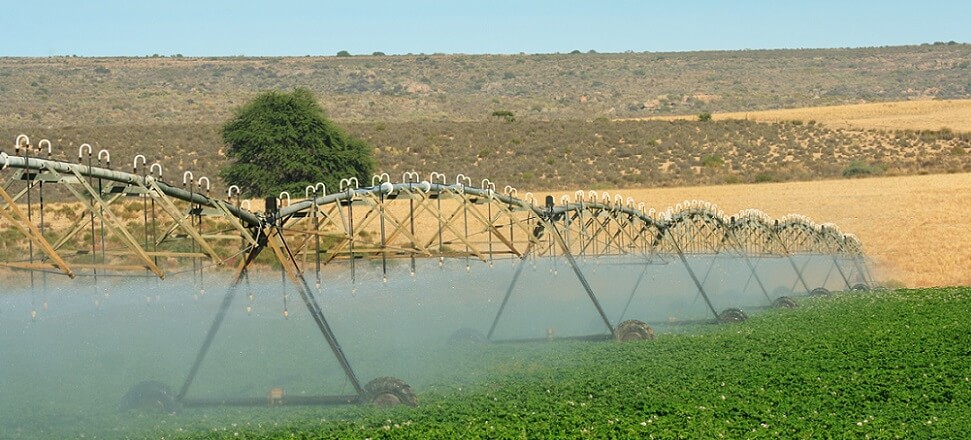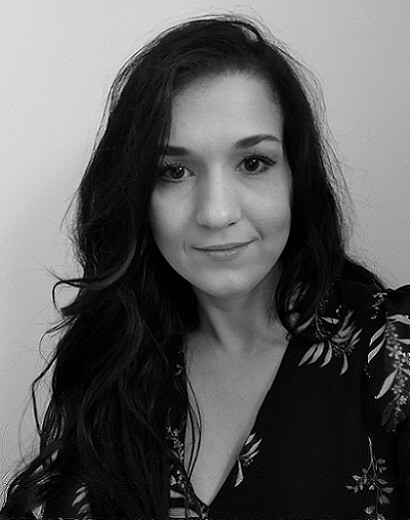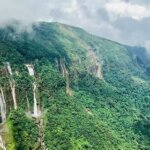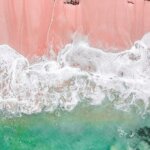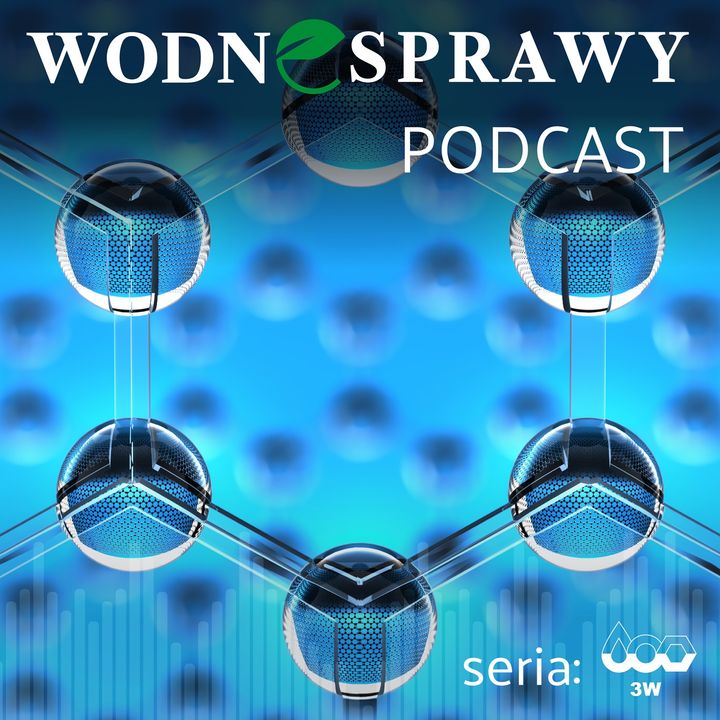Many areas of the world do not have enough water to fully meet the ever-growing demand. Smart water reuse, therefore, has become a very promising solution, perhaps a breakthrough in water security. Water that has already been used once can be reused in agriculture.
In 2018, the International Water Management Institute (IWMI) and its partners at Cairo Water Week, launched a four-year project to expand safe water reuse in the Middle East and North Africa (MENA). The ReWater MENA project removed barriers and promoted practices to ensure improvements in food security, health and livelihoods.
Four years later, the project introduced by IWMI has come full circle. From October 16 to 19, 2022, during Cairo Water Week 2022, the International Water Management Institute presented the Joint Technical Committee on Water. Water and Agriculture League of Arab States (LOAS) policy report. Developed based on the findings and conclusions of the project, the document includes recommendations for greater and safer water reuse.
Harnessing the potential of wastewater for water security
Over the past 30 years, the amount of wastewater generated has doubled, while wastewater treatment capacity has grown at a much less rapid pace. This has increased the amount of untreated wastewater contaminating freshwater resources, exacerbating the shortage in MENA regions.
But sewage, it’s not just problems – it’s also the solution. This is the only source of water that grows proportionally with population growth. Wastewater is mostly clean water containing nutritional resources that are valuable to plants, as well as carbon that can be used as a soil conditioner or to generate energy. If the wastewater is properly treated, the resulting water can be reused for the benefit of all.
Wastewater’s potential for water security – there is still much to be done
However, the potential for wastewater reuse is still fully untapped. According to a ReWater MENA study, the region loses about 54% of its generated municipal wastewater through discharge to the sea or evaporation without productive use. Only about 10% of them are directly treated and reused in a legal and safe manner. In contrast, 36% are repeatedly reused, indirectly in informal and health-threatening ways. Such activities are by far the most widespread type of reuse in the region.
Recovering lost wastewater and increasing water security so that water reuse is safer is therefore becoming a priority. It is critical to conduct more and better health risk assessments, monitoring, better communication and stakeholder engagement at an early stage.

 Polski
Polski